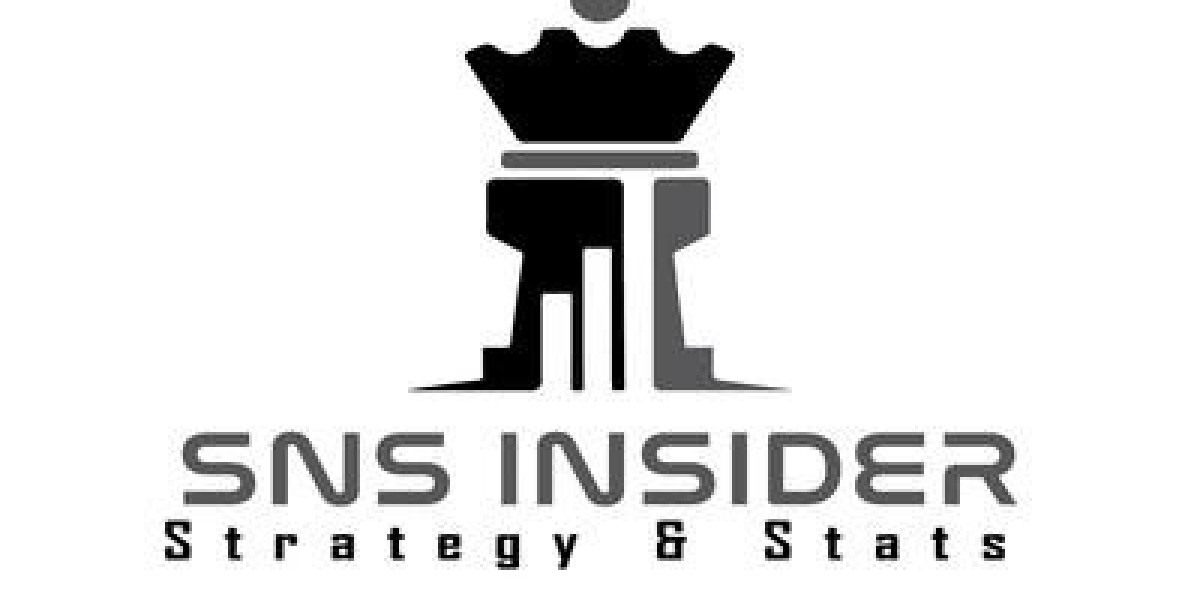In the world of .NET development, understanding the differences between .NET Core and .NET Framework is essential for developers navigating the landscape of modern software development. While both frameworks share similarities, they also have distinct features and purposes. In this comprehensive guide, we'll delve into the nuances of .NET Core and .NET Framework, exploring their differences, key features, and use cases.
Understanding .NET Core and .NET Framework
What is .NET Core?
.NET Core is an open-source, cross-platform framework developed by Microsoft. It is designed for building modern, cloud-native applications that can run on Windows, macOS, and Linux operating systems. .NET Core offers high performance, scalability, and flexibility, making it ideal for building web applications, microservices, and APIs.
What is .NET Framework?
.NET Framework, on the other hand, is a Windows-only framework developed by Microsoft. It has been around for much longer than .NET Core and is widely used for building Windows desktop applications, web applications, and enterprise solutions. .NET Framework includes a vast class library and supports a wide range of programming languages, including C#, Visual Basic, and F#.
Key Differences between .NET Core and .NET Framework
Cross-Platform Support
One of the primary differences between .NET Core and .NET Framework is cross-platform support. .NET Core is cross-platform, meaning it can run on multiple operating systems, including Windows, macOS, and Linux. .NET Framework, on the other hand, is limited to the Windows operating system.
Modular Architecture
.NET Core features a modular architecture, allowing developers to include only the components they need for their application. This results in smaller, more lightweight deployments and better performance. .NET Framework, on the other hand, has a monolithic architecture, with all components bundled together, leading to larger deployments and potentially slower performance.
Long-Term Support
.NET Core follows a different release cycle and support model compared to .NET Framework. .NET Core releases are more frequent and follow a predictable schedule, with long-term support (LTS) versions available for stability and compatibility. .NET Framework, on the other hand, receives updates less frequently and is typically supported for longer periods of time.
Use Cases for .NET Core and .NET Framework
.NET Core Use Cases
- Building modern web applications, APIs, and microservices.
- Cross-platform development for Windows, macOS, and Linux.
- Containerized applications for cloud-native environments.
- High-performance and scalable applications.
.NET Framework Use Cases
- Windows desktop applications, including WinForms and WPF.
- Legacy applications and enterprise solutions.
- Windows-specific applications that require access to Windows APIs and features.
ASP.NET Core Online Training: Mastering Modern Web Development
As the demand for ASP.NET Core expertise continues to rise, ASP.NET Core online training has become essential for developers looking to enhance their skills and stay competitive in the field of modern web development. ASP.NET Core online training programs offer comprehensive courses designed to equip developers with the knowledge and skills needed to build scalable, high-performance web applications using ASP.NET Core.
Key Components of ASP.NET Core Online Training:
In-depth Curriculum: ASP.NET Core online training courses cover a wide range of topics, including MVC architecture, routing, middleware, authentication, and deployment.
Hands-on Projects: Many ASP.NET Core online training courses include hands-on projects and assignments, allowing developers to apply their knowledge in real-world scenarios and gain practical experience.
Expert Guidance: Experienced instructors provide expert guidance and support throughout the learning journey, offering valuable insights and best practices for mastering ASP.NET Core development.
.NET Core Interview Questions: Preparing for Success
Preparing for a .NET Core interview can be challenging, but .NET Core interview questions can help you assess your knowledge and readiness for the job market. .NET Core interview questions cover a variety of topics, including .NET Core fundamentals, ASP.NET Core, Entity Framework Core, and cross-platform development.
Sample .NET Core Interview Questions:
- What is the difference between .NET Core and .NET Framework?
- Explain the concept of cross-platform development in .NET Core.
- How does dependency injection work in ASP.NET Core?
- What are the advantages of using Entity Framework Core?
- Can you deploy .NET Core applications to Docker containers?
Conclusion
In conclusion, understanding the differences between .NET Core and .NET Framework is crucial for developers navigating the world of .NET development. While both frameworks have their strengths and use cases, .NET Core offers greater flexibility, cross-platform support, and modern features for building cloud-native applications. By investing in ASP.NET Core online training and preparing for .NET Core interviews, developers can enhance their skills, boost their career prospects, and stay ahead in the rapidly evolving field of .NET development. So, embrace the power of .NET Core and unlock new opportunities for growth and success in your development journey!








